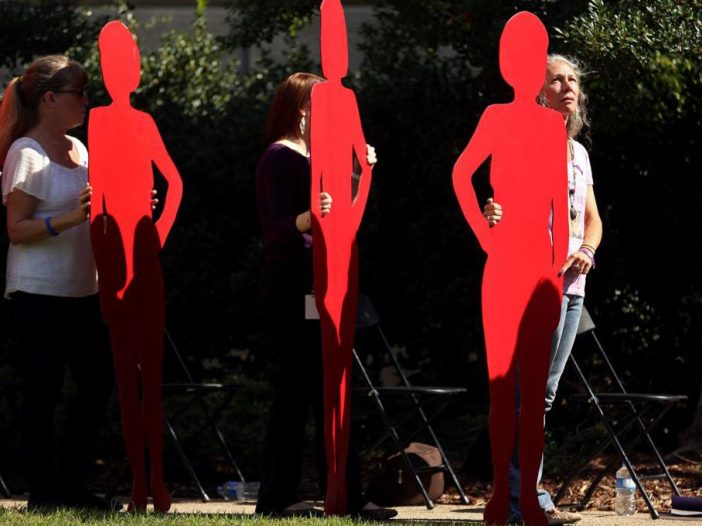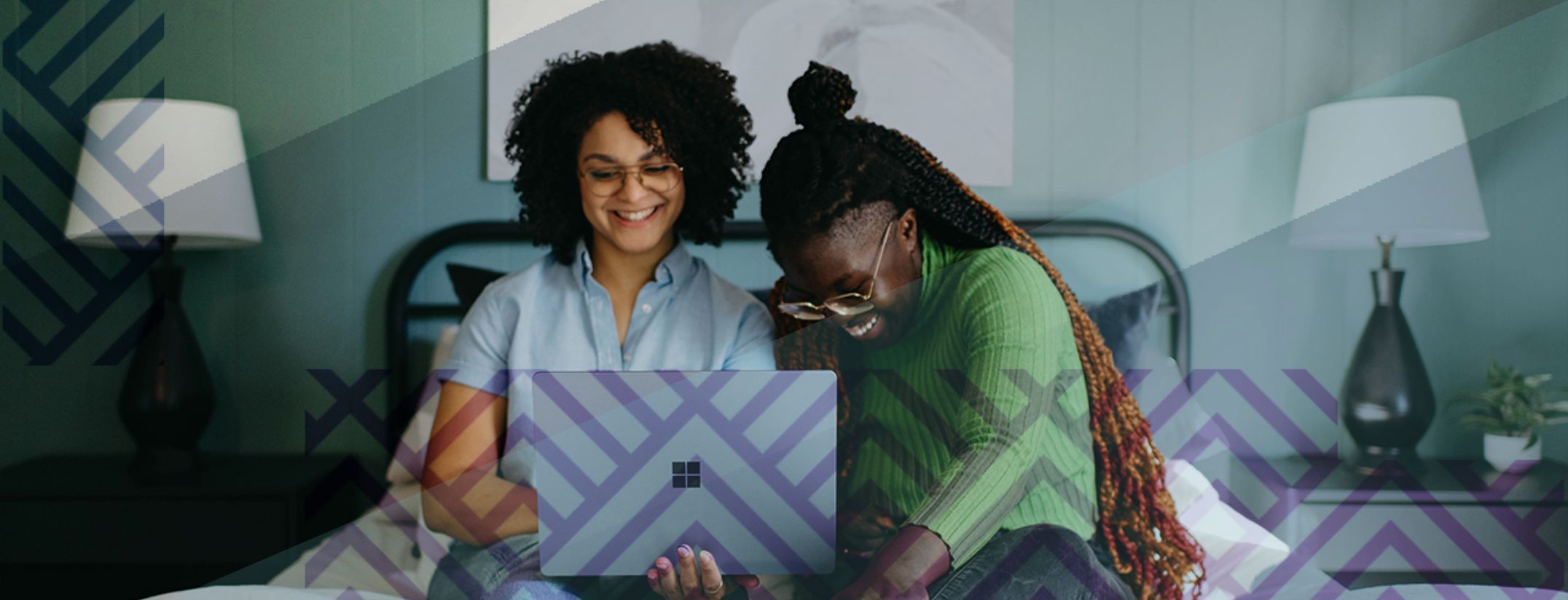
Excerpt from The Post and Courier article published 9/29/2021 below. View the full story here.
South Carolina ranks sixth-worst in the nation for women killed by men, according to a new report.
There were 57 women killed by men in South Carolina in 2019, the most recent year of available federal data, according to the annual “When Men Murder Women” report published Sept. 28.
The state’s rank comes despite its 11th-place grade in 2018, which spurred hope South Carolina had reached a turning point in its persistent domestic-violence death rates. It was the first time since 1996 South Carolina was not among the top 10 states in the U.S. for intimate-partner deaths.
In 2018, 44 women were slain by men in South Carolina, according to last year’s report.
The Violence Policy Center, based in Washington, D.C., has compiled the report annually for the past 23 years. The center’s analysis is based on the FBI’s Supplementary Homicide Report, which documents killings involving a single male attacker and single female victim.
Approximately 2.15 of every 100,000 women in South Carolina were killed by men in 2019, which is well above national average of 1.18 per 100,000.
Alaska had the highest homicide rating at 5.19 of every 100,000 women, while Hawaii’s four killings was the lowest rate at .57.
In 2013, South Carolina ranked No. 1 for the most killings — a spot it has held four times from 1996 to 2019. South Carolina was also among top five states on the list 14 times since 1996.
Sara Barber, executive director of the S.C. Coalition Against Domestic Violence and Sexual Assault, said last year’s ranking did not impress her.
“When you look at statistics from over two decades, you have to look at the pattern, not one year, because that one year is an outlier,” Barber said. “So when I look at the pattern over the past two decades, I see the same story.”
…
Barber said economic hurdles and inefficient access to financial resources is a factor in the state’s high homicide rate.
“Often people will say: ‘Why didn’t she leave?’” Barber said. “I say, ‘Leave and go where?’ We have a real crisis in affordable housing. We have a crisis in the availability of child care.”
Many women in violent relationships also do not have access to mental health resources in addition to financial resources, said Becky Callaham, director of Safe Harbor, a domestic violence shelter in Greenville. Mental health resources often are needed for victims who are in a middle of a crisis, she said.
Coupled with the finite funding for shelters across the state, Callaham said she was not surprised South Carolina was the sixth-worst in the nation for women killed by men.


